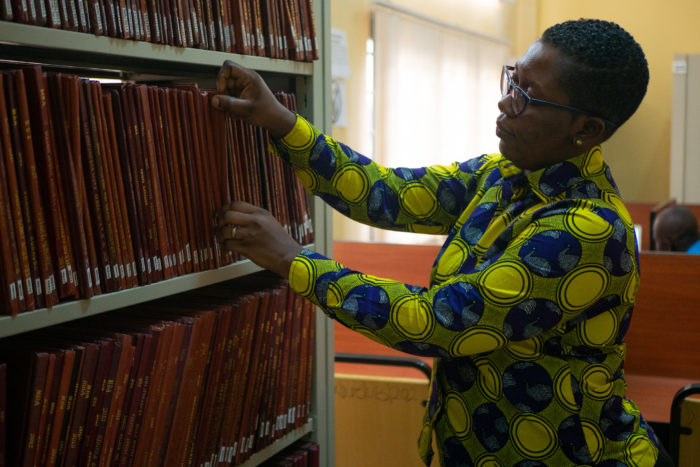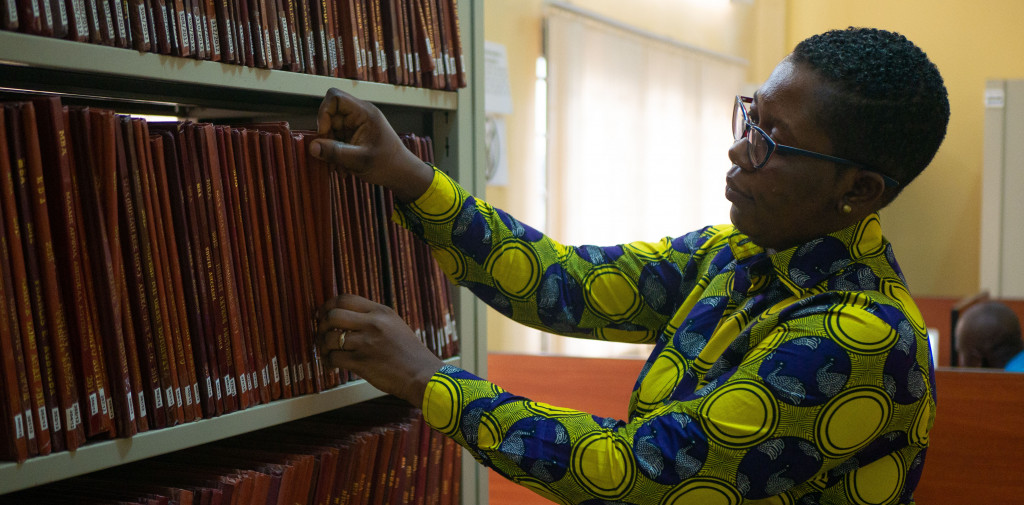The blogpost was written by Taskeen Adam and Irene Selwaness and published on the EdTech Hub blog on June 14, 2022. The blogpost is available at https://edtechhub.org/2022/06/14/guidelines-for-mapping-education-data-in-sub-saharan-africa/ under Creative Commons Attribution 4.0 International. It is reposted here without any modifications.
Are you a government official, NGO or researcher looking to understand what education data is available locally? Our new guidance note shares practical lessons learnt from mapping the availability of education data in Kenya, Malawi, and Sierra Leone.
Last year, we posted about the Unlocking Data initiative and its goal to support access, use, and sharing of education data to effectively tell the story of education in Africa. In 2020, we hosted a series of workshops that aimed to unpack the biggest barriers in data sharing. At these workshops, the community of practice realised that before we can truly discuss (re)using education data effectively, we need to understand what data exists, where the data gaps are, and what data indicators are needed for decision-making. To delve into the topic further, we hosted an event to showcase early ‘Lessons Learnt from Education Data Mapping in Africa’ and created a working methodology for education data mapping.
Continue reading “Guidelines for Mapping Education Data in Sub-Saharan Africa”



